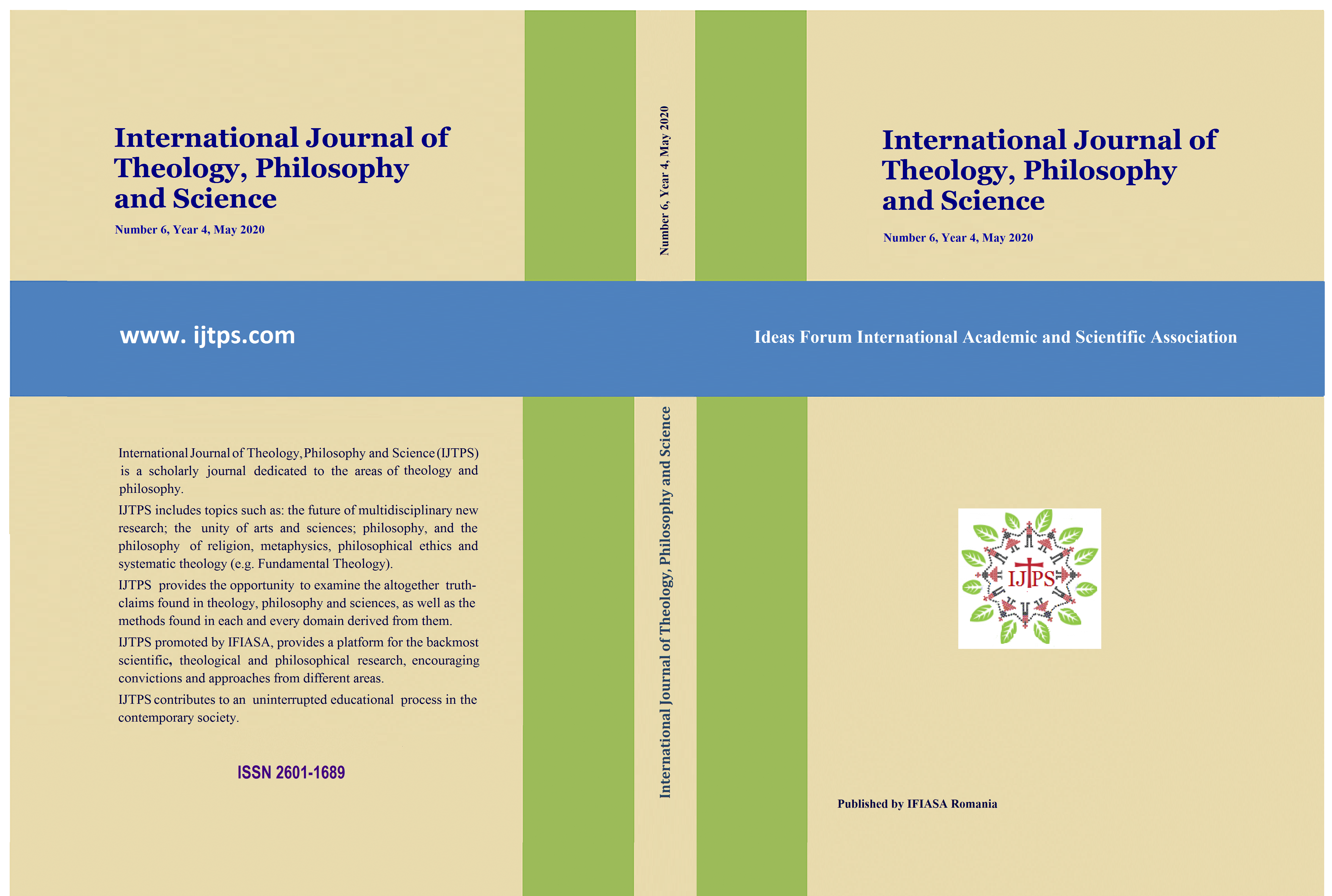HANNAH ARENDT IN THE LIGHT OF SAINT AUGUSTINE. FROM POLITICAL ONTO-THEOLOGY TO REPUBLICAN PHENOMENOLOGY
HANNAH ARENDT IN THE LIGHT OF SAINT AUGUSTINE. FROM POLITICAL ONTO-THEOLOGY TO REPUBLICAN PHENOMENOLOGY
Author(s): Spiros MAKRISSubject(s): Philosophy, Ethics / Practical Philosophy
Published by: Ideas Forum International Academic and Scientific Association
Keywords: Hannah Arendt; St. Augustine; republicanism; amor mundi; caritas;
Summary/Abstract: This article scrutinizes in-depth the theological dimension in Hannah Arendt’s political and ethical thought. In addition to the influences she received at a young age from the Catholic theologian Romano Guardini, Hannah Arendt was influenced, through her doctoral dissertation under the supervision of Karl Jaspers, by the philosophical, ontological and theological thought of St. Augustine. Both the fundamental Arendtian concepts of natality and amor mundi, as well as her phenomenological perception of time (i.e. past, present and future) have been influenced, to a great extent (naturally with Martin Heidegger’s influences), by the Augustinian thought. Hannah Arendt, as happens in Marx in his reading of Hegel, namely reverses the Augustinian notion of love, formulating a worldly field of love, full of Socratic and Aristotelian references. Actually, St. Augustine’s political ontotheology is transformed into a republican phenomenology where the critical stake of the earthly polis is not exhausted in amor Dei but is defined as a worldly freedom or, in other words, the pursue of public happiness in-the-world of the public sphere
Journal: International Journal of Theology, Philosophy and Science
- Issue Year: 4/2020
- Issue No: 6
- Page Range: 5-19
- Page Count: 15
- Language: English

